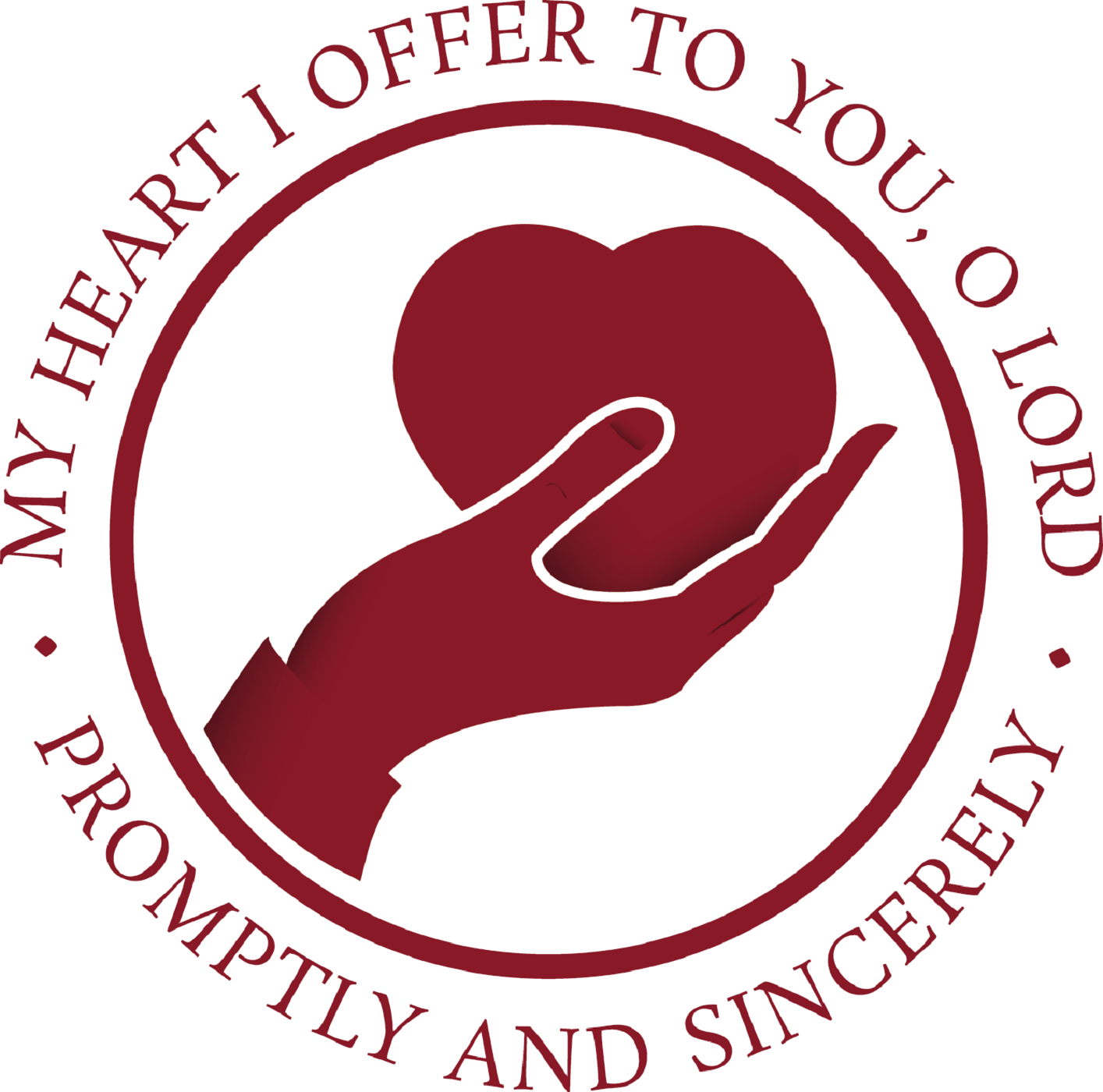Our Mission:
To proclaim and extol the name of Jesus Christ, our King, and Savior, as we nurture and grow faithful disciples and ambassadors of the kingdom of God, in order to expand His rule and reign through the gathering and perfecting of the saints. (WCF 25:2-3; Matt 28:18-20; Eph 4:11-13.
Distinctives:
We are Reformed.
Historically, the doctrines of the Reformed Faith have been summarized in five sola ("alone" or "only") statements:
(1) Sola Scriptura Scripture Alone: the Old and New Testaments are the written Word of God, given by His inspiration, and are the only rule of faith and life (WCF 1:2);
(2) Sola Christus Christ Alone: the Lord Jesus Christ is the only begotten Son of God and the only Mediator between God and Man, the through whom His people are redeemed, called, justified, sanctified, and glorified (WCF 8:1-2);
(3) Sola Fide Faith Alone: receiving and resting on Christ and His righteousness is the alone instrument of justification, Christ's righteousness being imputed to those who believe (WCF 11:1-2);
(4) Sola Gratia Grace Alone: God effectually calls and regenerates those whom He has chosen, not by anything foreseen in them, but by His free and special grace alone (WCF 10:2);
(5) Sola Deo Gloria God's Glory Alone: As Creator of all things and Redeemer of the elect, God Works all things to the praise and glory of His wisdom, power justice, goodness, and mercy (WCF 5:1)
We are Confessional.
Often, believers will declare their submission to God's Word in saying, "I have no creed, but the Bible." However, in practice, this usually means, "I have no creed, but the Bible as I interpret it" which makes doctrine both subjective and malleable. As a church and denomination, we believe that the Westminster Standards contain the system of doctrine taught in the Holy Scriptures. The Westminster Standards are comprised of the Westminster Confession of Faith (WCF), the Westminster Larger Catechism, and the Westminster Shorter Catechism, all of which were written in the 1640s by the Westminster Assembly in England. These three documents, along with the Presbyterian Church in America's Book of Church Order (BCO), comprise the constitution of our church.
We are Presbyterian.
Our church is not independent, but connectional and hierarchical. This means that while our local church, by itself, functions as the body of Christ, we maintain reciprocal accountability (are accountable to and for) the larger Church and our denomination, the Presbyterian Church in America (PCA). "The Church is governed by various courts, in regular gradation, which are all, nevertheless, Presbyteries, as being composed exclusively of presbyters. These courts are church Sessions, Presbyteries, and the General Assembly" (BCO 10:1-2). The church session consists of the pastor and ruling elders of the church (BCO 12:1). The presbytery consists of all teaching elders and churches within its geographical bounds that have been accepted by the presbytery: all teaching elders and representative ruling elders comprise the court of the General Assembly (BCO 14:1).
Our Worship.
In the public and corporate worship of our church, we hold to the regulative principle of worship and emphasize the ordinary means of grace. The regulative principle of worship refers to the distinctive of the Reformed tradition wherein the corporate worship of God is conducted according to the Word of God. Specifically, this means that we see to worship God only in the ways that He has prescribed or commanded us to worship Him in the Scripture (Deut 12:32; Exo 20:4-6; Matt 15:7-9; Col 2:20-23; WCF 21:1). The ordinary means of grace refers to those things which Christ ordinarily uses to communicate the benefits of redemption to His people: the reading and preaching of God's Word, the administration of the sacraments of baptism and the Lord's supper, and prayer (WSC 88).

